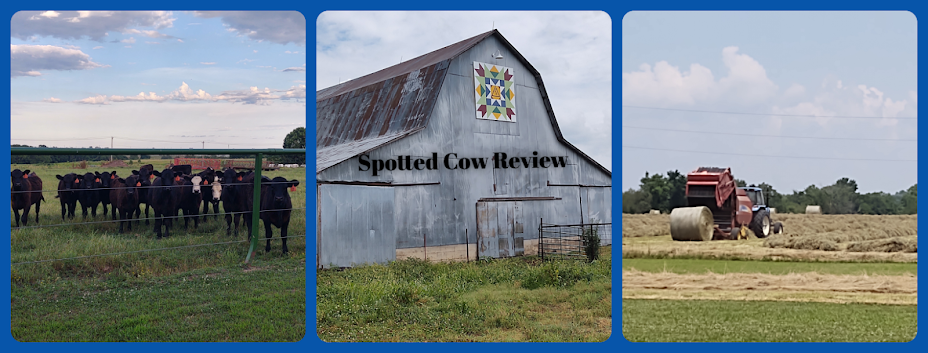Like all mammals, cows have hormones. Cows have a naturally occurring protein hormone produced in the pituitary gland called bovine somatotropin (bST). This hormone regulates metabolic activities and helps young cattle grow and adult cattle to produce milk. This natural hormone does not have any physiological effect on humans consuming the milk because:
- bST is species-specific, meaning that it is biologically inactive in humans
- When milk is consumed, the small amount of bST present is broken down completely by the body's digestive system, just like any other protein.
- Pasteurization destroys 90% of bST in milk.
 In 1993, artificial bovine somatotropin hormone (rbST) was developed and after extensive review approved by the Food and Drug Administration that could boost milk production and ensure a plentiful supply of milk.
In 1993, artificial bovine somatotropin hormone (rbST) was developed and after extensive review approved by the Food and Drug Administration that could boost milk production and ensure a plentiful supply of milk.
We support consumer choices but it's important to understand that carton to carton, bottle to bottle, all milk is wholesome, safe and nutritious.

.jpg)

.jpg)